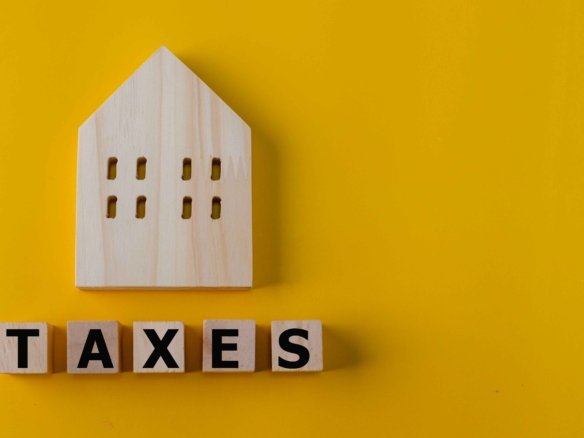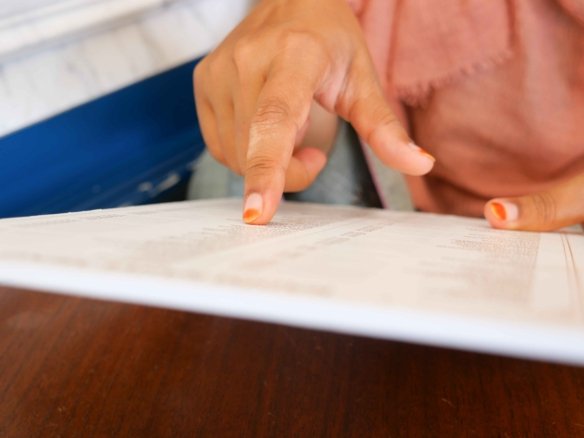Buying a tax deed property has become one of the most appealing ways for real estate investors to acquire properties at a fraction of their market value. A tax deed property is sold by a local government after the property owner has failed to pay their property taxes for a certain period. Instead of waiting for taxes to be paid, the county auctions off the property to recover the debt. Investors who win the auction receive the deed, which often gives them ownership rights immediately.
Why Tax Deed Properties Are an Opportunity in 2025
The real estate market continues to evolve in 2025, and economic shifts are pushing more people to explore alternative investment strategies. Buying a tax deed property offers opportunities for investors who want to secure real estate without paying traditional retail prices. With housing demand still high, acquiring discounted properties and either flipping them or renting them can lead to significant profits. Additionally, government auctions have become more transparent and accessible online, giving investors more chances to participate regardless of their location.
The Legal Foundation of Tax Deeds
Every investor needs to understand the legal side of tax deed properties before placing a bid. When a property owner fails to pay their taxes, the government places a lien against the property. If the debt remains unpaid, the lien can progress into a tax deed sale. Once the property is sold, ownership rights generally transfer to the buyer, but this process may vary depending on state laws. Understanding redemption periods, title issues, and the differences between tax liens and tax deeds is crucial to avoid future legal disputes.
Researching Properties Before the Auction
A successful tax deed investment strategy always begins with research. Investors must examine the list of available properties published by the county. Looking beyond the potential market value is essential because some properties may have structural issues, environmental hazards, or additional liens that complicate ownership. Researching property records, satellite maps, and even visiting the property location when possible ensures a buyer knows exactly what they are bidding on.
Preparing for the Auction Process
Tax deed auctions can feel intimidating for beginners, but preparation reduces risk. The auction process is often competitive, with investors bidding against one another for the same property. Each county has specific rules, and buyers usually need to register beforehand and provide proof of funds. Knowing your maximum bid before entering the auction is essential, since getting caught in a bidding war can destroy profit margins. Being disciplined during the auction ensures you stick to your investment strategy rather than overpaying.
Financing Considerations for Buyers
Unlike traditional property purchases, buying a tax deed property typically requires full payment shortly after the auction ends. Investors must be prepared with cash or certified funds because financing options are often limited in these scenarios. Having liquid capital available not only makes bidding easier but also prevents losing a property because of insufficient payment ability. In 2025, some private lenders and investment groups are beginning to offer short-term funding solutions for tax deed buyers, but cash remains the most reliable option.

Common Risks in Tax Deed Purchases
Every investment carries risk, and buying a tax deed property is no exception. Some risks include properties that are occupied by previous owners, hidden liens, or properties in poor condition. Additionally, in certain states, previous owners may still have a redemption period to reclaim the property by paying back the owed taxes plus interest. Investors must be aware of these risks to avoid unpleasant surprises after the purchase. Thorough due diligence and legal consultations can help minimize these challenges.
Building Strong Tax Deed Investment Strategies
Smart investors approach this type of real estate with well-defined strategies. One effective strategy is focusing on properties in markets where rental demand is strong. After acquiring the property, it can be renovated and rented to generate steady cash flow. Another strategy is buying properties with high resale potential, making them attractive for flipping. Diversification across multiple counties or states also helps reduce exposure to local economic downturns. A carefully crafted tax deed investment strategy in 2025 balances risk with reward and adapts to market conditions.
Post-Auction Steps for New Owners
Winning a bid is only the beginning of ownership. After the auction, the investor must complete payment and receive the deed. Depending on state requirements, the deed may need to be recorded with the county. New owners may also need to address evictions if the property is occupied or handle repairs to make the property market-ready. Establishing a plan for property management, whether through renting or selling, ensures that the investment generates returns quickly.
Technology and Tax Deed Investments in 2025
Technology has transformed the way tax deed properties are bought and sold. Many counties now offer online auctions, allowing investors to participate without traveling. Digital platforms also provide property data, including tax records, property history, and comparable sales information. Investors who embrace these tools gain a competitive edge by analyzing data faster and making informed decisions. In 2025, the integration of artificial intelligence into property evaluation is becoming more common, further improving research efficiency.
Mistakes to Avoid When Buying Tax Deed Properties
New investors often make preventable mistakes during their first purchases. One common mistake is failing to research the property thoroughly before bidding. Others include overbidding, ignoring hidden costs like repairs or legal fees, and misunderstanding redemption laws. Impulsive decisions can lead to financial losses, which is why patience and discipline remain essential qualities for tax deed investors. Learning from experienced investors and starting small can help beginners avoid these costly errors.
Long-Term Benefits of Tax Deed Investments
When approached strategically, tax deed investments can create long-term wealth. Buying properties at discounted prices allows investors to build a real estate portfolio faster than through traditional methods. Over time, properties can appreciate in value, rental income can provide financial security, and reinvesting profits can expand holdings further. In addition, since many properties are purchased outright with cash, investors avoid heavy mortgage debt, giving them greater flexibility and security.
Future Outlook for Tax Deed Properties
As we look ahead, the future of buying a tax deed property remains promising. With more counties adopting online auction systems and real estate markets staying competitive, opportunities for savvy investors will continue to grow. Rising property values in many regions make discounted purchases even more valuable. The ability to adapt to changing laws, technologies, and market dynamics will define successful investors in this field.
Final Thoughts on Tax Deed Property Investing
Buying a tax deed property is not a shortcut to instant wealth, but it is a powerful method of entering the real estate market with lower upfront costs. In 2025, investors who take the time to study auction rules, research properties carefully, and craft solid tax deed investment strategies are positioned for success. While risks exist, the potential rewards make this a worthwhile pursuit for those committed to learning and executing their plan effectively.






Join The Discussion